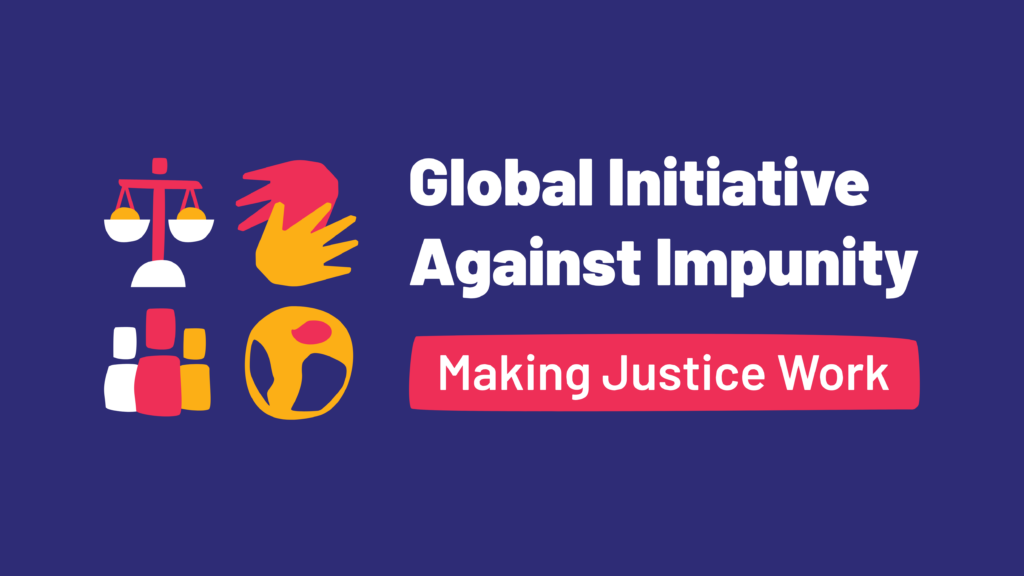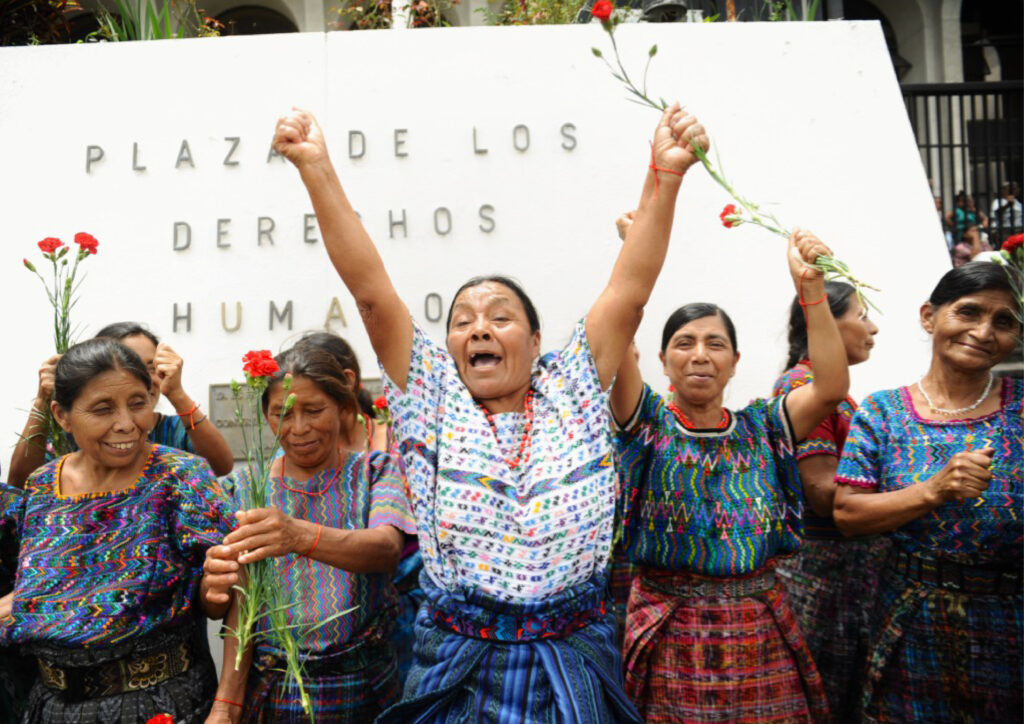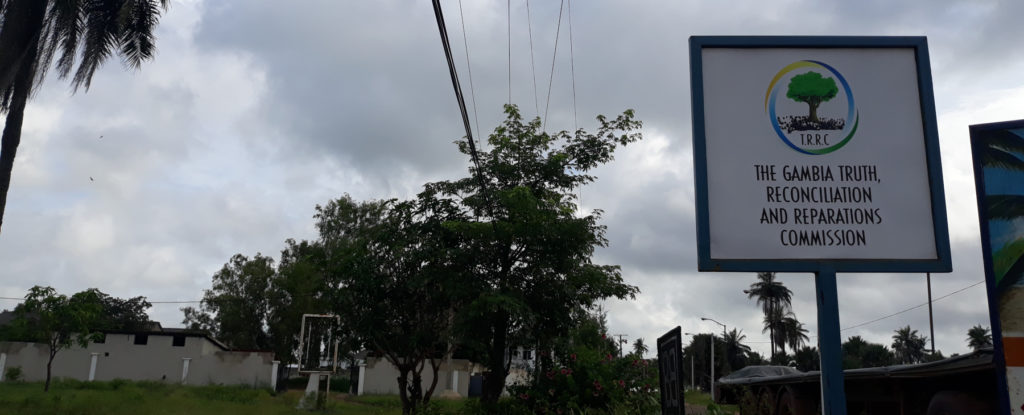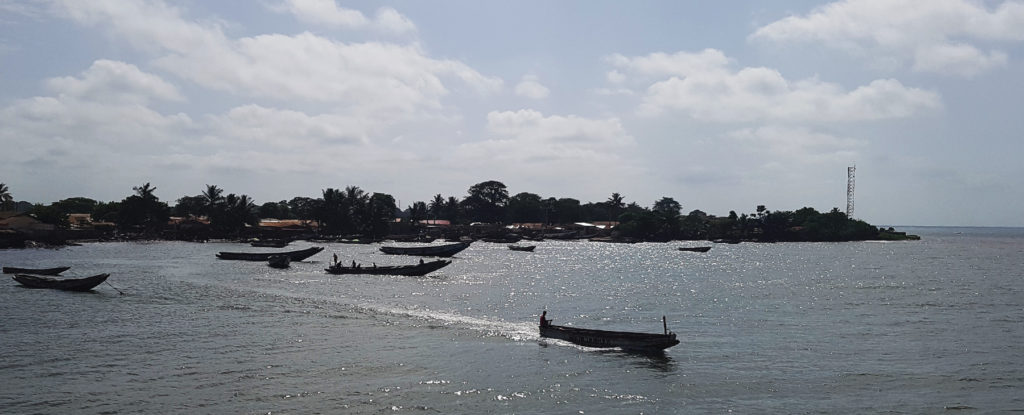Political deadlock in Nepal: what is going on?
Since early January 2020, the Nepali political scene has been more paralyzed than ever on the subject of transitional justice (TJ). To understand this situation, one needs to go back to the foundation of the TJ mechanisms and the growing discontent of conflict victims.
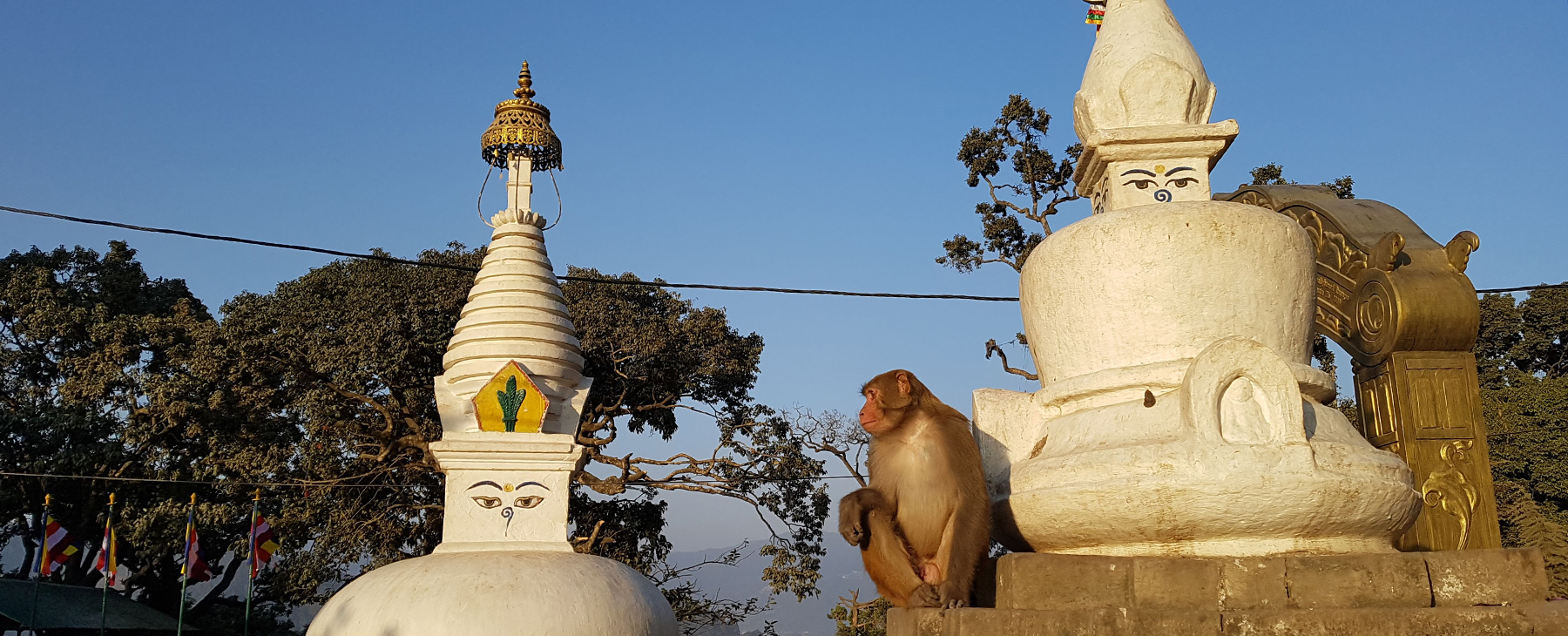
Act 1: 2015, TJ mechanisms are founded against Supreme Court decision
Nine years after the end of Nepal’s civil war, two TJ mechanisms were founded to investigate on the abuses perpetrated by both the army and the Maoist insurgency, establish the truth and hold those responsible accountable. The Truth and Reconciliation Commission (TRC) and the Commission of Investigation on Enforced Disappeared Persons (CIEDP) rapidly proved a disappointment to civil society in Nepal and abroad – including TRIAL International.
The functioning of the two TJ mechanisms was far from clear, and they lacked financial stability and independence. Other pitfalls included the permanent failure to consult and involve in their work the victims themselves, no provision for reparations and insufficient protection measures. Even more troublesome is the fact that, while the two TJ mechanisms were originally conceived to promote accountability, they repeatedly attempted to grant amnesties to perpetrators of gross human rights violations and the worst atrocities.
The extent of the loopholes was such that Nepal’s own Supreme Court declared several provisions of the Act on the establishment of the TJ mechanisms unconstitutional and requested their amendment. As of today, the Supreme Court’s decision remains unimplemented.
Act 2: February 2019, failed renewal of mandate and long-term vacancies
Fast-forward four years and the TRC and CIEDP have not initiated a single investigation. The collection of cases only started after their mandate was extended for the first time in 2017. Over 60’000 victims gave their testimony, but there has not been any meaningful follow-up on them. In parallel, the growing number of decisions issued by the UN Human Rights Committee urging Nepal to act without further delay and deliver justice and redress to conflict victims.
In February 2019, on the occasion of the third renewal of the mandate of the TJ mechanisms, civil society organizations joined forces to demand deep changes. This was the momentum to build on sounder foundations, reinventing flawed mechanisms and finally taking into account the inputs of the victims and the repeated calls from international human rights bodies. The cry was once again ignored. A token of the TJ mechanisms’ state of abandon is the fact that, since April 2019, the Commissioners’ positions have remained vacant. Justice is very much at a standstill and redress nowhere in sight.
Act 3: January 2020, empty “consultations”, real political interference
All this brings us to the present situation. In late 2019, a Committee was meant to recommend for appointment new Commissioners, offering a glimmer of hope in the grim picture.
The long-promised and due consultation with victims’ groups took place only on 13 January 2020. Announced late and without a clear agenda, it lasted 24h exactly. Unsurprisingly, it failed to make the victims feel heard and empowered.
On 17 January 2020, the recommendations eventually issued by the Committee were manifestly the result of political bargaining between the two largest political parties and disregard completely victims’ and civil society’s demands. The lack of transparency and the overall flawed process, led victims’ groups to reject altogether the two TJ mechanisms, perhaps this time beyond the point of no-return.
And to top it all off…
When Agni Sapkota was appointed Minister of Information and Communication in 2011, the UN Office of the High Commissioner for Human Rights expressed concern. It recalled the States’ responsibility to ensure that the name of a person is fully cleared following a thorough investigation before any appointment to a high public office is announced.
In this deadlock, it is unclear what the next weeks or months will bring for Nepal. In the past, the authorities seemed unfazed by international and domestic opprobrium. Will Nepal’s upcoming Universal Periodic Review at the UN, scheduled for November 2020, change the course of things? Nothing is less certain.


